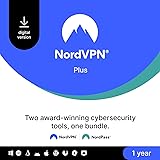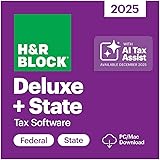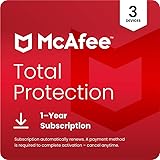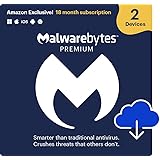Credit cards have become an integral part of modern financial life, offering convenience and flexibility to users. However, they also come with their own set of advantages and potential pitfalls. Today, we’ll delve into the pros and cons of credit cards, helping you make informed decisions about their usage on your financial journey.

Pros of Using Credit Cards:
Convenience and Ease of Use:
Credit cards provide a simple and efficient way to pay for goods and services. No need to carry cash; a quick swipe or tap is often all that’s required.
Building Credit History:
Responsible credit card usage can help you build a positive credit history. Timely payments and maintaining a low credit utilization ratio can boost your credit score, which is essential for future financial endeavors like getting a mortgage or a car loan.
Rewards and Perks:
Many credit cards offer rewards such as cash back, travel points, or discounts on purchases. If you pay off your balance regularly, these rewards can add up over time.
Emergency Funds:
Credit cards can serve as a safety net during unexpected financial emergencies. They offer immediate access to funds that you can pay back over time. Just be careful not to depend on this safety net too often.
Consumer Protection:
Credit cards often come with consumer protection features, such as purchase protection and extended warranties, which can be beneficial if you encounter issues with a purchased item.
Cons of Using Credit Cards:
Debt Accumulation:
One of the most significant risks of credit cards is the potential to accumulate debt if you’re not careful. High interest rates can make unpaid balances balloon quickly. Check statements to see how long it will take to pay off the balance…this may surprise you!
Overspending:
Credit cards can make it easy to overspend, as you’re not directly parting with physical cash. This can lead to budgetary challenges and financial stress. Be careful or you can spiral out of control with mounting debt.
Interest Charges:
If you carry a balance on your credit card from month to month, you’ll accrue interest. Over time, this can lead to paying much more for your purchases than their initial cost.
Fees:
Some credit cards come with annual fees, late payment fees, and other charges. It’s crucial to understand the fee structure of your card to avoid unnecessary expenses.
Credit Score Impact:
While responsible credit card use can boost your credit score, irresponsible use can have the opposite effect. Maxing out your credit limit or missing payments can negatively impact your creditworthiness.

Tips for Responsible Credit Card Use:
Pay Your Balance in Full:
Whenever possible, pay off your credit card balance in full each month to avoid interest charges. The best practice is to know the statement’s close date every month. Then pay the balance in full before that date.
Monitor Your Spending:
Regularly review your credit card statements to track your spending and catch any unauthorized transactions. This can also help you reduce your spending.
Set a Budget:
Establish a monthly budget and stick to it. A credit card should never be a means to spend beyond your means.
Understand Your Card:
Familiarize yourself with your card’s terms, interest rates, fees, and rewards program. This knowledge will help you make informed decisions.
Limit the Number of Cards:
Having too many credit cards can lead to disorganized finances. Stick to a manageable number that you can effectively manage.
Keep in mind, that credit cards offer both advantages and disadvantages. When used responsibly, they can simplify transactions, build credit, and offer valuable rewards. However, without careful management, they can lead to debt and financial instability. By understanding the pros and cons and following responsible credit card practices, you can harness their benefits while avoiding potential pitfalls in your financial journey.











